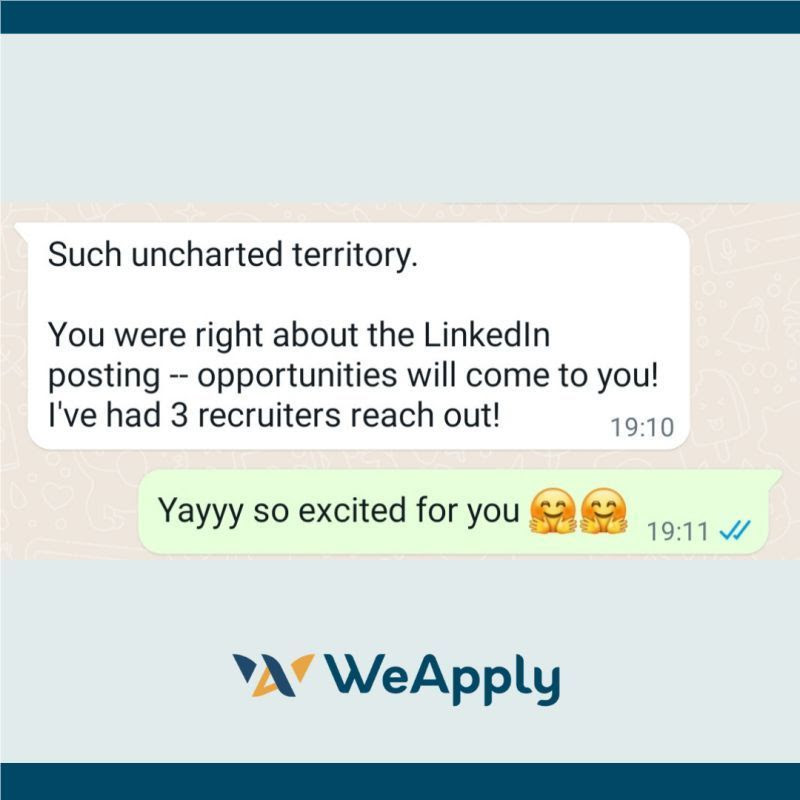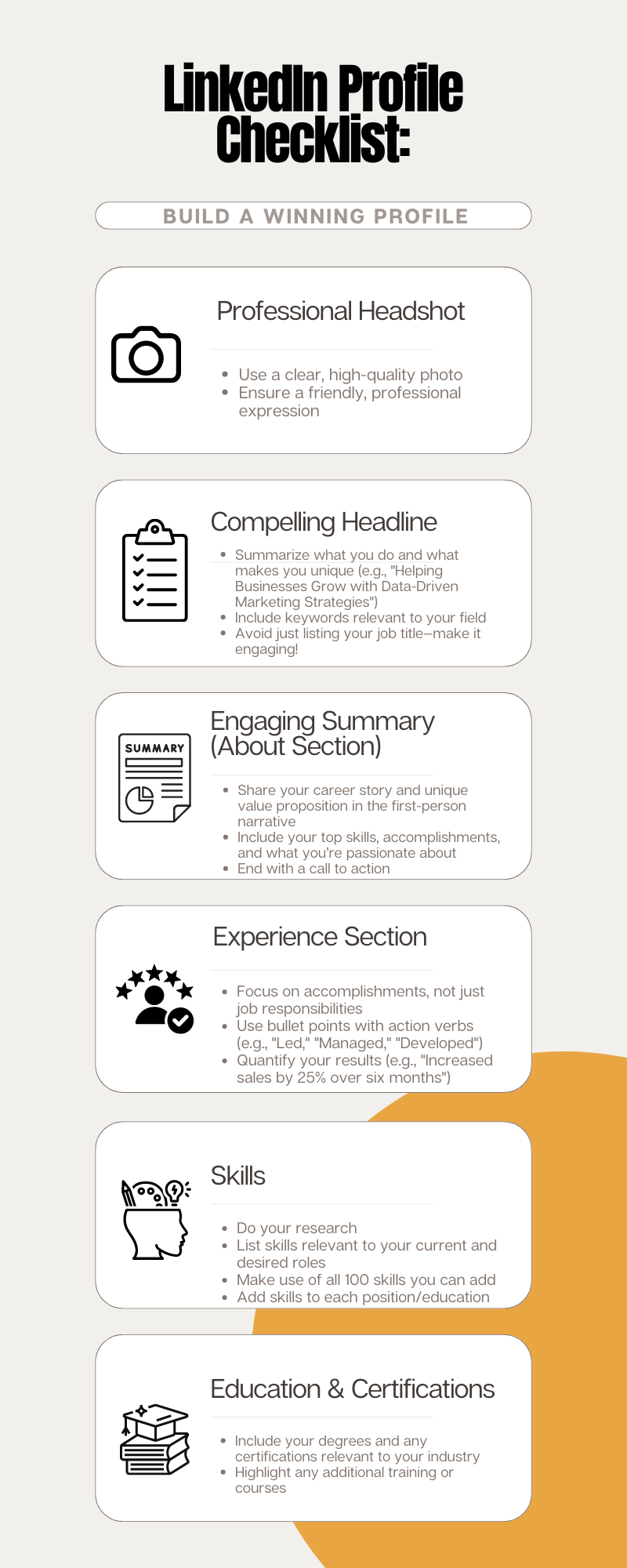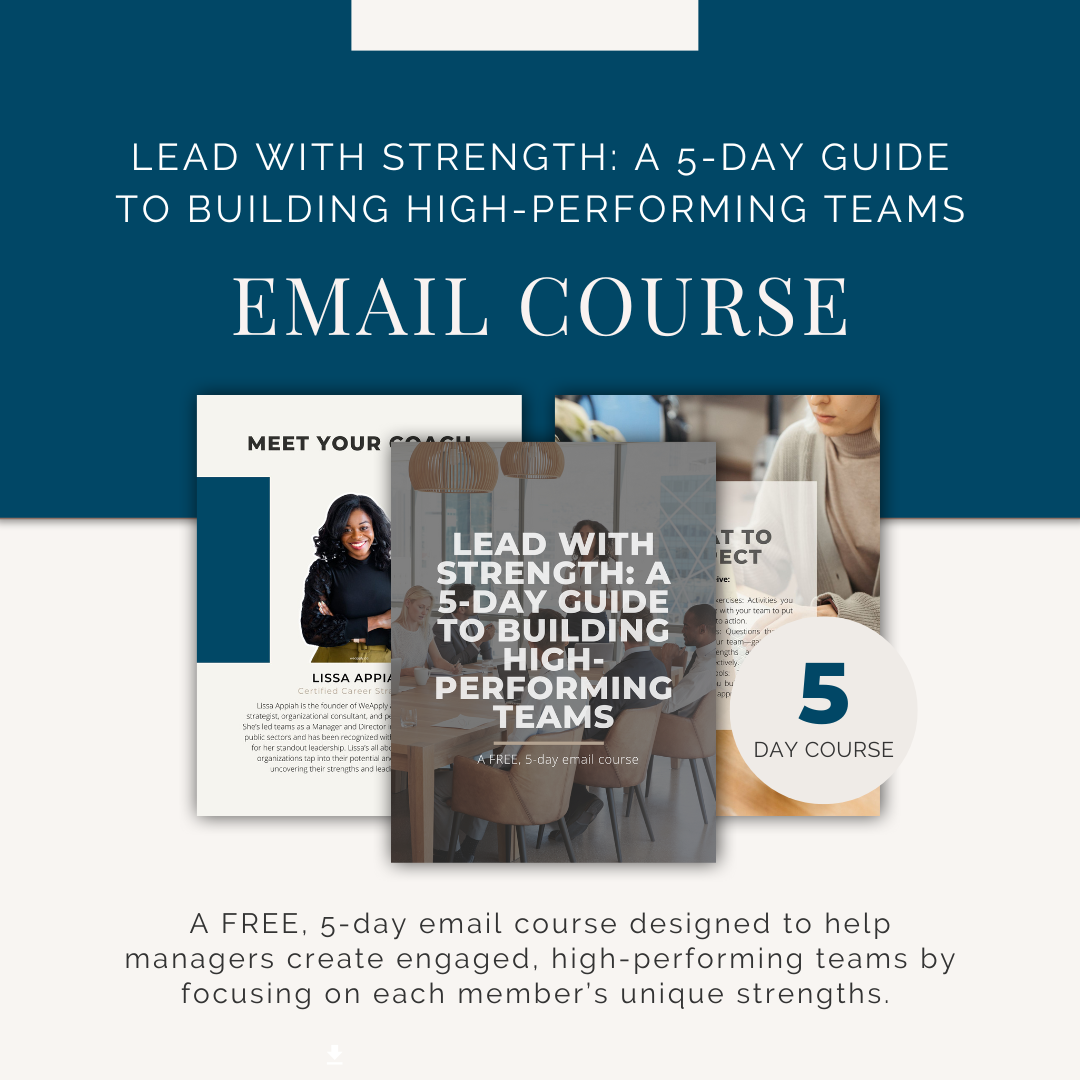Imagine you walk into a store. You see two products that seem almost identical. You’re not sure which one to pick. After a moment of hesitation, you choose one. Why that one? Maybe a friend recommended it, or maybe you’ve seen ads for it online or in your social media feed. Either way, you chose it because you knew something about it. This is why everyone needs a personal brand—it creates familiarity, trust, and ultimately drives decisions.
The same goes for you and your career. Whether it’s employers, potential clients, or colleagues— people make decisions about who to work with based on how well they know and trust someone. That’s where personal branding comes in. It helps you stand out, become recognizable for your strengths, and ensures that when opportunities arise, you’re the one people remember.
Whether you’re looking to grow in your current role, switch careers, or expand your professional influence, building a personal brand will help you create that same familiarity and trust that leads to amazing career opportunities.
Create top-of-mind awareness
When opportunities come up in your field or area of expertise, you want to be the first person people think of. Building a personal brand keeps you visible and memorable. By consistently sharing your insights and showcasing your expertise, you ensure you are top of mind when decision-makers are considering someone for a role or opportunity.
What can this look like practically?
Start posting regularly on LinkedIn. Share valuable content related to your field—whether it’s industry trends, lessons from a recent project, or even advice for others. The more consistently you post, the more you build recognition around your expertise. One of our clients had 3 recruiters reach out to her within 2 days of updating her LinkedIn profile and making an introduction post.

Fast-Track Your Career
A strong personal brand positions you as a leader in your field, which helps differentiate you from others. Keep this in mind – 91% of employers use social media during their recruitment process. So having a well-established brand online will help you stand out. Your personal brand also communicates what you bring to the table, beyond just your résumé—showcasing the value you offer to a company.
P.S. If you are unsure of the difference between your resume and LinkedIn profile. Check out this video here.
What can this look like practically?
Make sure your LinkedIn profile is complete and highlights your achievements in a clear, measurable way. Include specific results, skills, and projects that demonstrate your impact. Also, regularly update your profile with recent successes to reflect your growing expertise.

Boost Your Confidence
Building your personal brand helps you take stock of your accomplishments and strengths. As you reflect on what you’ve achieved and share that with others, it helps build your confidence. This increased confidence doesn’t just help with personal branding—it flows into all areas of your career, making you more comfortable to speak up in meetings, lead projects, and take on new challenges.
New to LinkedIn? Ensure your profile stands out! Click here for a step-by-step guide on optimizing it.
What can this look like practically?
Keep track of your achievements and milestones. Take time to reflect on them and acknowledge the growth you’ve experienced. Share these wins publicly, even if they’re small. This will not only boost your confidence but also showcase your progress and value to others.


